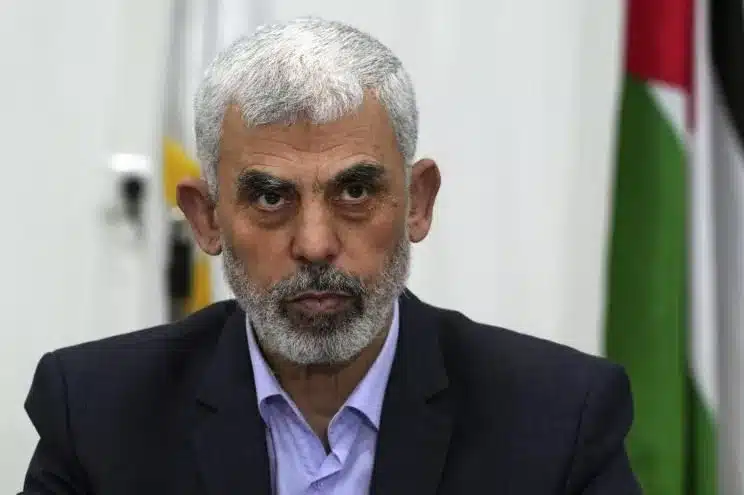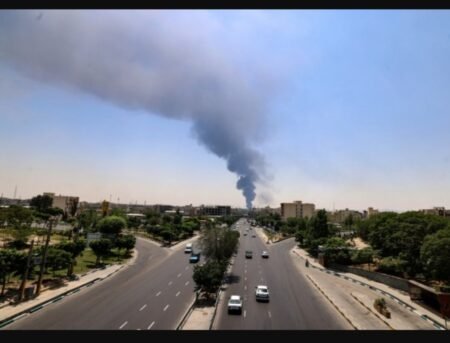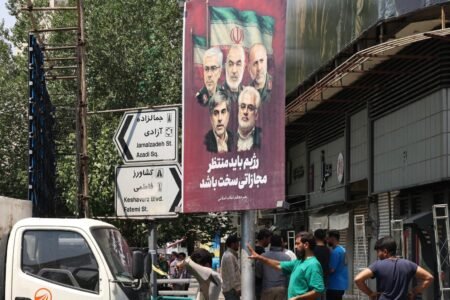Yahya Sinwar, the newly appointed leader of Hamas, is reportedly complicating cease-fire negotiations with Israel by demanding a personal safety guarantee as part of any agreement.
Sinwar, who is believed to have orchestrated the October 7 attacks, is said to be seeking a promise from Israel that he will not be targeted in the future.
Despite his past statements about the honor of dying in combat against Israel, Sinwar’s recent ascent to the top position in Hamas, following the assassination of former Hamas leader Ismail Haniyeh in Tehran last month, appears to have made him more cautious. The ongoing Israeli campaign targeting Hamas leaders may have prompted Sinwar to reconsider his stance on personal safety.
The decision now rests with Israeli Prime Minister Benjamin Netanyahu, who must decide whether to entertain Sinwar’s demand. Some analysts suggest that agreeing to such a condition could be considered if it leads to the release of the 109 hostages still held by Hamas.
However, there is significant concern that any cease-fire would simply allow Hamas to regroup and prepare for further attacks.
Hamas initiated the current conflict by violating the cease-fire in effect on October 6, and the group remains committed to Israel’s destruction.
Critics argue that even if a temporary cease-fire were agreed upon, any promise to spare Sinwar would likely be short-lived, as Israel is determined not to allow Hamas to survive this war.
The prospect of appeasing Sinwar by agreeing to his demand has sparked debate, but most believe that Israel’s leadership will not face serious repercussions for targeting him, except from those already critical of Israel.














